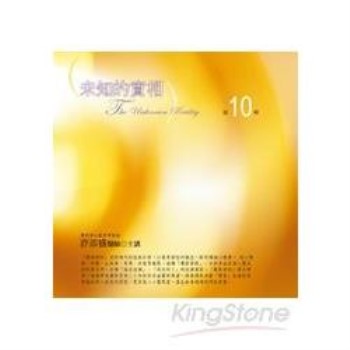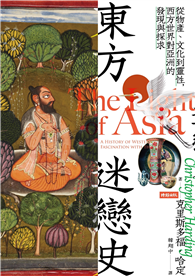John Acton, 1st Baron Acton, KCVO DL (10 January 1834 - 19 June 1902) was an English Catholic historian, politician, and writer. He was the only son of Sir Ferdinand Dalberg-Acton, 7th Baronet and a grandson of the Neapolitan admiral Sir John Acton, 6th Baronet. From 1837 to 1869 he was known as Sir John Dalberg-Acton, 8th Baronet.He is perhaps best known for the remark in a letter to an Anglican bishop, "Power tends to corrupt, and absolute power corrupts absolutely. Great men are almost always bad men.Through extensive travels, Acton spent much time in the chief intellectual centres reading the actual correspondence of historical personalities. Among his friends were Montalembert, Tocqueville, Fustel de Coulanges, Bluntschli, von Sybel and Ranke. In 1855, he was appointed Deputy Lieutenant of Shropshire. A year later, he was attached to Lord Granville’s mission to Moscow as British representative at the coronation of Alexander II of Russia.Acton’s reputation for learning gradually spread abroad, largely through Gladstone’s influence. Gladstone found him a valuable political adviser, and in 1892, when the Liberal government came in, Lord Acton was made a lord-in-waiting. Finally, in 1895, on the death of Sir John Seeley, Lord Rosebery appointed him to the Regius Professorship of Modern History at Cambridge. He delivered two courses of lectures on the French Revolution and on Modern History, but it was in private that the effects of his teaching were felt most. The Cambridge Modern History, though he did not live to see it, was planned under his editorship.
| FindBook |
有 1 項符合
The Causes of the Franco-Prussian War的圖書 |
 |
The Causes of the Franco-Prussian War 作者:Acton 出版社:Createspace Independent Publishing Platform 出版日期:2018-01-01 語言:英文 規格:平裝 / 38頁 / 19.84 x 12.85 x 0.2 cm / 普通級/ 初版 |
| 圖書館借閱 |
| 國家圖書館 | 全國圖書書目資訊網 | 國立公共資訊圖書館 | 電子書服務平台 | MetaCat 跨館整合查詢 |
| 臺北市立圖書館 | 新北市立圖書館 | 基隆市公共圖書館 | 桃園市立圖書館 | 新竹縣公共圖書館 |
| 苗栗縣立圖書館 | 臺中市立圖書館 | 彰化縣公共圖書館 | 南投縣文化局 | 雲林縣公共圖書館 |
| 嘉義縣圖書館 | 臺南市立圖書館 | 高雄市立圖書館 | 屏東縣公共圖書館 | 宜蘭縣公共圖書館 |
| 花蓮縣文化局 | 臺東縣文化處 |
|
|
圖書介紹 - 資料來源:博客來 評分:
圖書名稱:The Causes of the Franco-Prussian War
|










